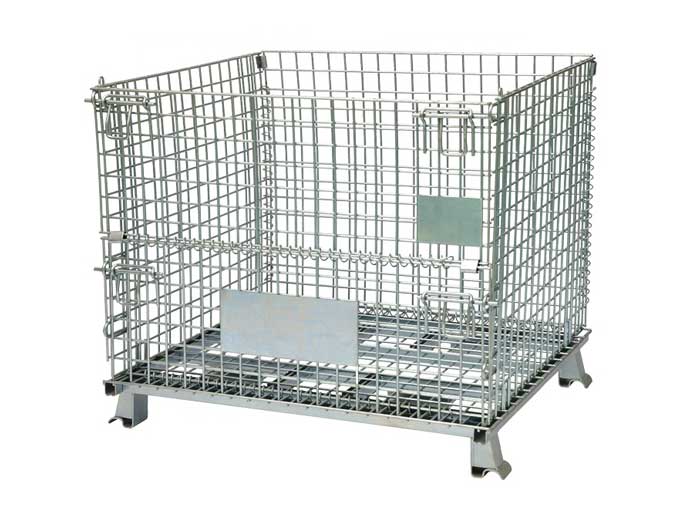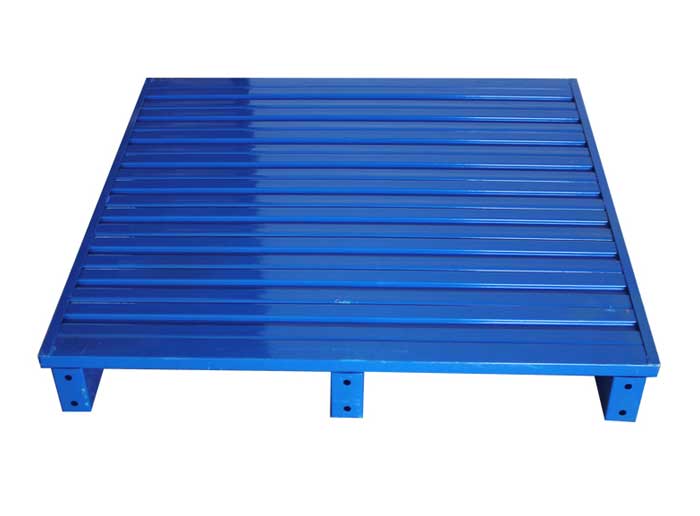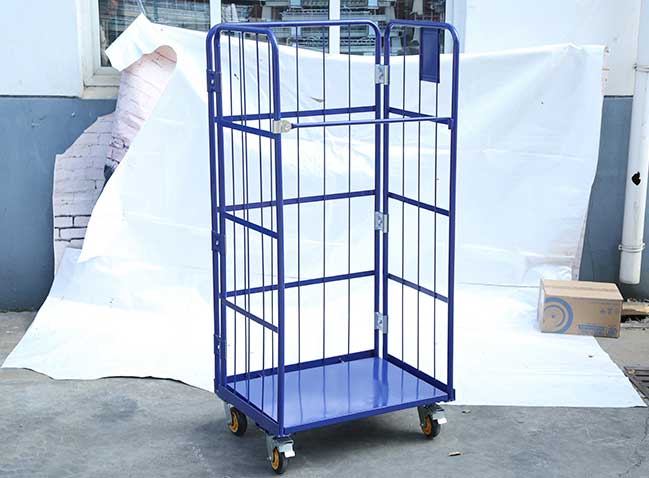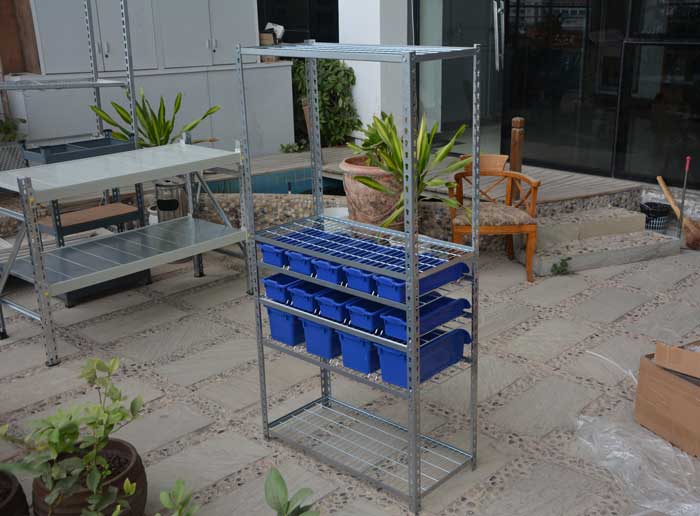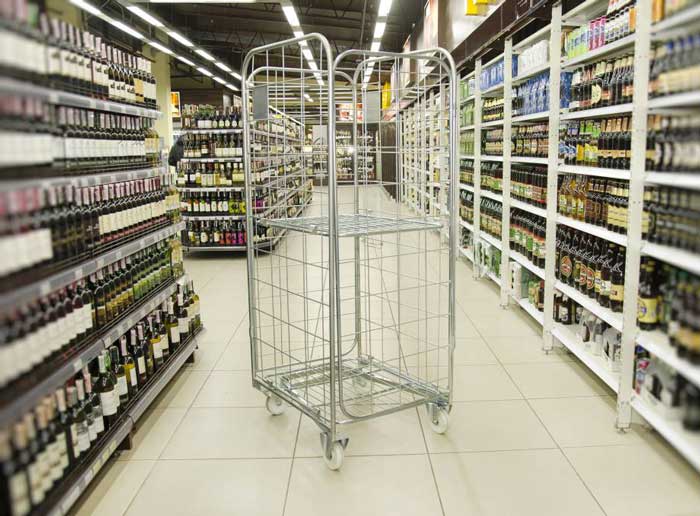-
 E-mail:
aceally4@aceallygroup.com
E-mail:
aceally4@aceallygroup.com
-
 Wechat: aceally18350222213
Wechat: aceally18350222213
-
Time:10/25/2024
-
Time:10/18/2024
-
Time:10/15/2024
-
Time:10/11/2024

- CONTACT US
- Wechat: aceally18350222213
- aceally4@aceallygroup.com
The main reasons why wire mesh storage cages are in line with today's logistics industry
 Time:11/20/2020
Time:11/20/2020 1720
1720Wire mesh cage is generally used to store heavy products, such as machinery, hardware, electrical appliances, stamping parts, die-casting parts, auto parts, etc. these industries have some specific requirements for wire mesh storage cages. Such as the bearing diameter of wire container cage, mesh size, etc.
The thicker the mesh cage line, the greater the strength, the better the overall stress. When the space between wire mesh cages is small, the capacity of wire mesh storage cages will increase as well. On the contrary, the larger mesh cage net has fewer pressure points, it has lightweight, and the bearing capacity of the wire mesh cage will be weakened. The line is the same reason, the thinner the wire, the worse the mesh cage force. However, the diameter and grid spacing do not fully determine whether the load-carrying capacity and quality of the folding basket are good or bad, as well as the influence of basic channel and process quality.
The wire mesh cage base is roughly at the bottom of the U-shaped channel. If the welded wire mesh underneath is thicker, the amount of more force will naturally be more stable. Therefore, there are often customers to strengthen the bottom and add a required force to two channels. Another factor of influence and quality factor is the storage cage process, such as welding quality, welding depth is deep enough, spot welding is firm, it is not easy to leave the cage, and life is usually more permanent.
The storage cage summarizes the capacity, the thickness of cage wire, the size of the mesh gap, the thickness and number of basic channels, and the main influencing factors of mesh cage welding depth. Etc. In a word, the size and quality of wire mesh cage bearing in a warehouse are determined by many factors. If we only look at the weight and price, it is a mistake.











